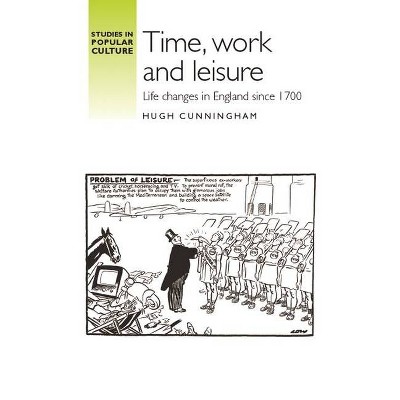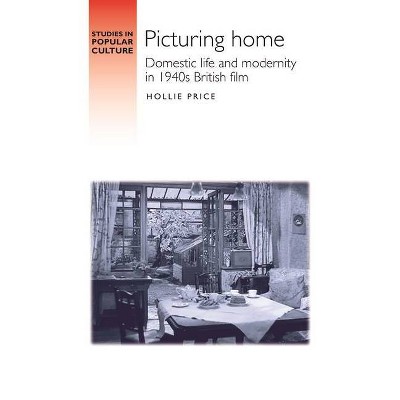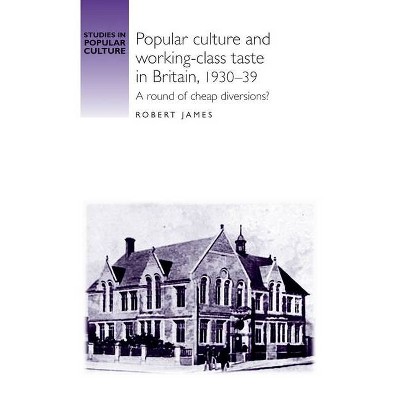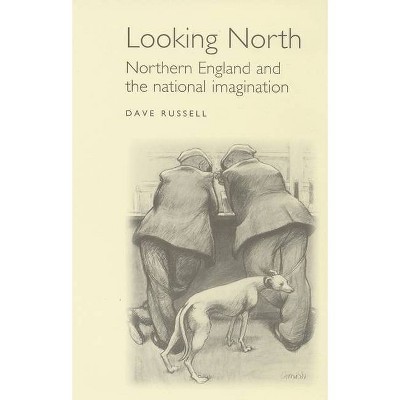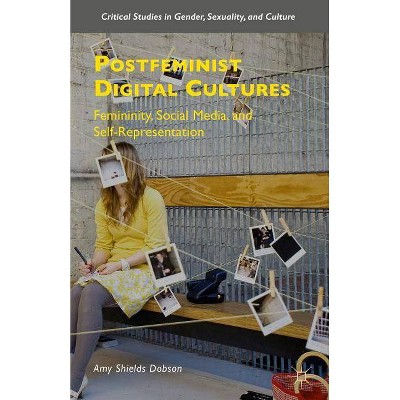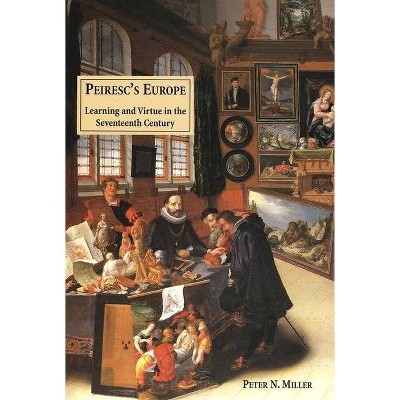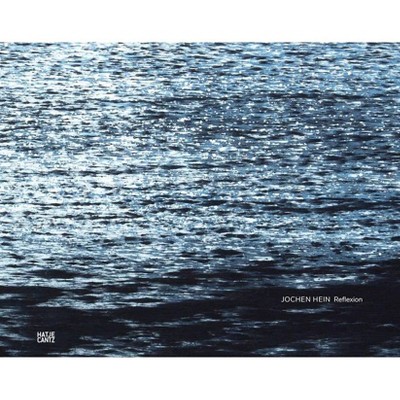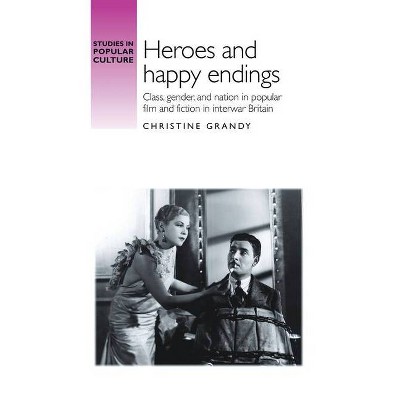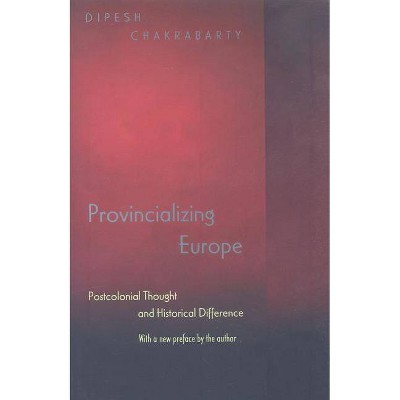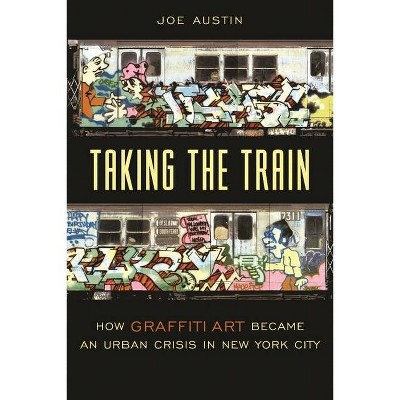Leisure Cultures in Urban Europe, C.1700-1870 - (Studies in Popular Culture) by Peter Borsay & Jan Hein Furnee (Hardcover)
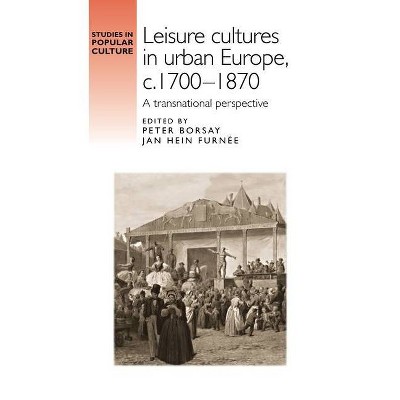
Similar Products
Products of same category from the store
AllProduct info
<p/><br></br><p><b> About the Book </b></p></br></br>Combines research on a wide variety of leisure activities in the early modern and modern periods, providing an unprecedented transnational perspective to the study of European leisure history.<p/><br></br><p><b> Book Synopsis </b></p></br></br>This collection of essays examines the history of urban leisure cultures in Europe during the transition from the early modern to the modern period. Bringing together research on a wide variety of activities - from the theatre and art exhibitions to spas, seaside resorts and games - it<br>develops a new scholarly agenda for the history of leisure, focusing on the complex processes of cultural transfer that transformed urban leisure culture from the British Isles to the Ottoman Empire. How did new models of urban leisure pastimes travel throughout Europe? Who were the main agents of<br>cultural innovation, appropriation and adaptation? How did the increasingly entangled character of European urban leisure culture impact upon the ways men and women from various classes identified with their social, cultural or (proto-)national communities? These are some of the questions explored<br>by this accessible and wide-ranging collection, which looks at leisure from a long-term, interdisciplinary and transnational perspective.<br><p/><br></br><p><b> From the Back Cover </b></p></br></br>This collection of essays examines the history of urban leisure cultures in Europe in the transition from the early modern to the modern period. The volume brings together research on a wide variety of leisure activities which are usually studied in isolation, from theatre and music culture, art exhibitions, spas and seaside resorts to sports and games, walking and cafés and restaurants. The book develops a new research agenda for the history of leisure by focusing on the complex processes of cultural transfer that were fundamental in transforming urban leisure culture from the British Isles to France, Spain, Italy, Sweden, Austria and the Ottoman Empire. How did new models of organising and experiencing urban leisure pastimes 'travel' from one European region to another? Who were the main agents of cultural innovation and appropriation? How did entrepreneurs, citizens and urban authorities mediate and adapt foreign influences to local contexts? How did the increasingly 'entangled' character of European urban leisure culture impact upon the ways men and women from various classes identified with their social, cultural or (proto)national communities? Accessible and wide-ranging, this volume offers students and scholars a broad overview of the history of urban leisure culture in eighteenth- and nineteenth-century Europe. The agenda-setting focus on transnational cultural transfer will stimulate new questions and contribute to a more integrated study of the rise of modern urban culture.<p/><br></br><p><b> Review Quotes </b></p></br></br><br><br>The various contributions from this book are particularly powerful and a very welcome criticism of national, monocausal, or unidirectional histories of leisure and entertainment in early modern and modern Europe.- Wouter Ryckbosch, Vrije Universiteit Brussel, Tijdschrift voor Geschiedenis <br><p></p><br><br><p/><br></br><p><b> About the Author </b></p></br></br><br>Peter Borsay is a Professor of History at Aberystwyth University <p/>Jan Hein Furnée is Professor of European Cultural History at Radboud University, Nijmegen, The Netherlands<br>
Price History
Price Archive shows prices from various stores, lets you see history and find the cheapest. There is no actual sale on the website. For all support, inquiry and suggestion messagescommunication@pricearchive.us
